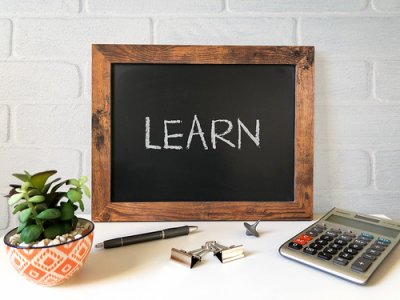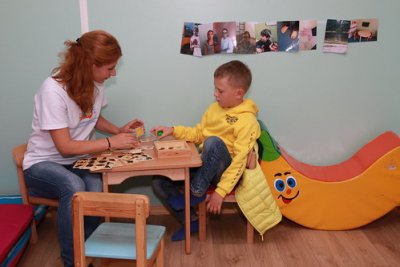What is an Educational Psychologist and Does Your Child Need One?

By: GotCredit
An educational psychologist might sound intimidating, but they can be a great help to you and your family.
What is an educational psychologist?
Educational psychologists could be seen as ‘learning experts’. They focus on the ways people best learn, and how learning can be adjusted so that the material in question is understood, retained, and best serves the learner.
They don’t just look at the ways people think, but also at the ways emotions, behaviours, and environments affect learning.
Where do educational psychologists work?
It’s true that most educational psychologists work in the education system, and with children. They visit or work at schools, and are often just referred to as ‘school psychologists’. Educational institutions often provide such psychologists. But many work independently, meaning you can hire them privately should you so choose.
Educational psychologists are also found consulting in organisations and companies. This can vary from local authorities and private research firms, to corporations concerned about employees, and to enterprises creating learning materials.

By: 1Day Review
Some even make a career out of focusing on adult learning and never work with children at all. Others just work in research.
Who do educational psychotherapists work with?
Again, educational psychologists don’t just work with students. They also work with employees, teachers, administrators, human resources teams, organisations, creators of learning materials, the legal system, and the government.
And educational psychologists don’t work with just kids. They also work with teens and adults. An example would be adults with learning disabilities needing help to learn life skills.
What sorts of subjects do educational psychologists help with?
Educational psychologists can help with the following:
- assessing learning difficulties
- working with students that have specialised learning needs
- helping gifted learners
- assisting students struggling to integrate with peers
- creating curriculums and materials that motivate learning
- helping teachers and assistants to more effectively teach students
- deciding what types of technology best help with learning
- helping young people transition into further education or the workforce
- advising on what school a child would thrive in
- looking at how organisations can help their staff learn and retain information
- analysing environments and how they can be improved for better learning
- informing learning policies
- acting as an expert witness in a court case.
What does an assessment with an educational psychologist involve?
If you child is offered an assessment with an educational psychologist, it won’t just be one quick appointment. It will involve:
- talking to you and your spouse, partner, and/or other caregivers
- discussing your child’s progress with current and previous teachers
- observing the way your child approaches learning and his/her schoolwork
- watching your child in learning environments and at play
- learning about your child’s behaviours and emotions.

By: UNHCR Ukraine
Generally (but there are exceptions) it will also involve talking to your child him or herself. In some cases this can include testing your child’s skills and intellectual development.
It shouldn’t be a cause of stress for you or your child. An educational psychologist is trained at putting your child at ease, and making the experience as enjoyable as possible.
After an assessment the educational psychologist will create a full report that approaches some or all of the following:
- your child’s strengths and weaknesses
- recommended learning strategies
- learning materials they feel could help your child
- referrals to other professionals (speech therapist, paediatrician, optometrist, etc.)
- a suggestion to see family consultation services.
What are the signs my child or adolescent needs an educational psychologist?
There are many reasons your child or teen could benefit from seeing an educational psychologist. This can include if your child is:
- showing signs of lagging behind with language, play, independence, emotions
- exhibiting possible signs of dyslexia or other learning challenges
- has trouble making or keeping friends
- struggling to keep up with homework and in the classroom
- suffering and needing support for already diagnosed conditions (autism, ADHD)
- always getting into trouble
- battling anxiety, stress, and low moods.
How do I find an educational psychologist for my child here in the UK?
Feel your child is not learning or developing as they should? And not happy with the evaluations and/or suggested strategies offered by teachers? Worried they need to be transferred to a more appropriate school?
You can ask your child’s school to arrange for an assessment. An educational psychologist will be called to the school to meet with and observe your child, and to talk to the teachers involved.
The wait can often be long and you might feel you need an assessment more urgently. Or perhaps you are at odds with your child’s school and curious to get an outside opinion. In such cases you are free to hire an educational psychologist privately, that you can your child can go visit together.
Time to get your child or teen the help he or she deserves? Harley Therapy connects you with highly experienced educational psychologists and child psychologists in Central London locations.
Still have a question about ‘what is an educational psychologist‘? Ask in the comments box below.





My grandchild, Lion Torres is almost 5 years old. He is attending Pre-K school. He is having some difficulty concentrating and paying attention. The school recommendation is a school therapy session which the school does not offer. Please contact me to see if you can provide these services